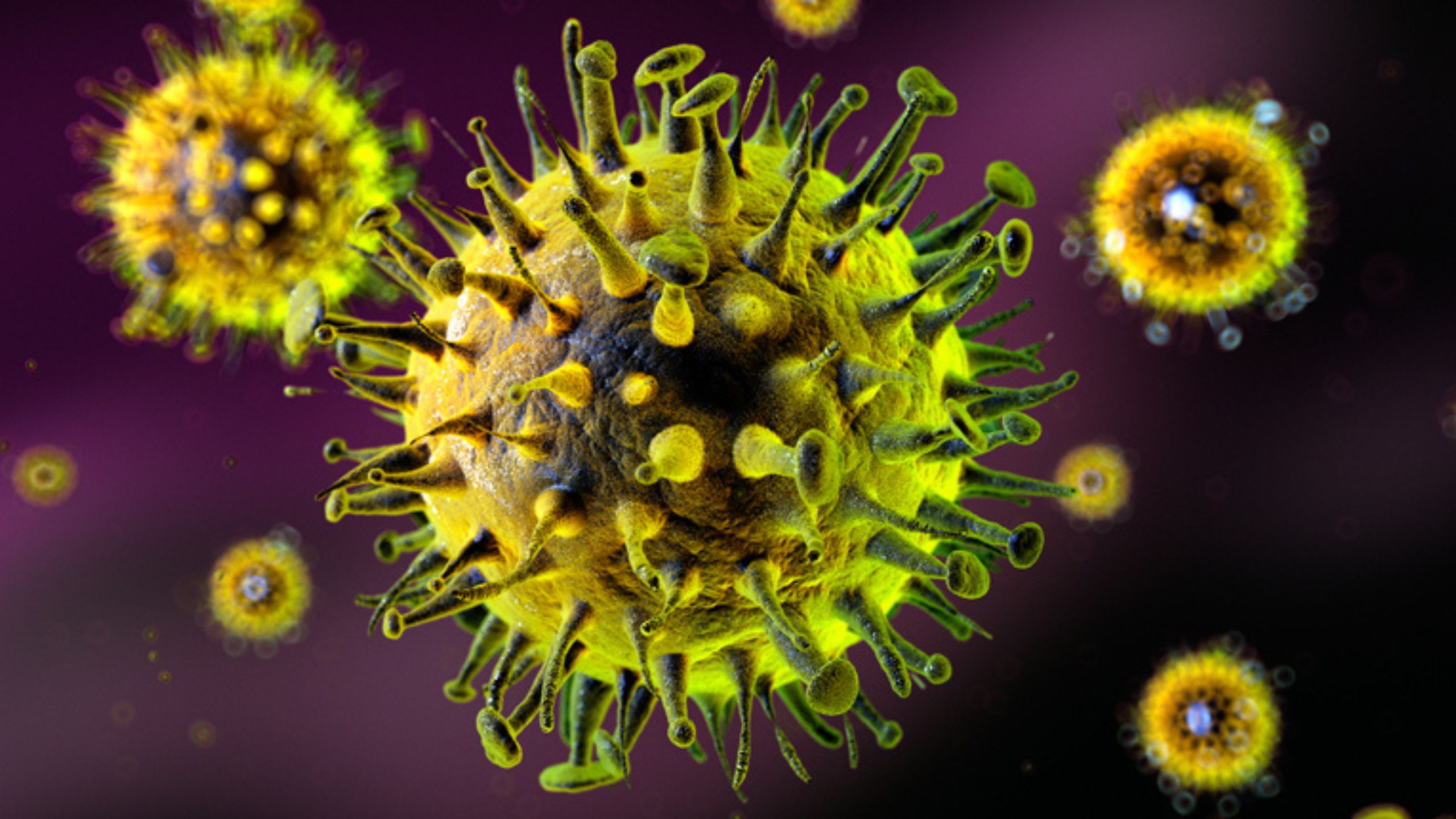COVID-19 Sub-Strain JN.1 emerged on the radar as health officials in Kerala identified this variant in the sample of a 79-year-old woman on December 8. Initially testing positive in an RT-PCR test on November 18, the elderly individual exhibited mild symptoms of influenza-like illnesses (ILI) and had successfully recovered from a previous encounter with COVID-19. This discovery underscores the dynamic nature of the virus and emphasises the importance of ongoing surveillance and research to stay ahead of emerging sub-strains.
Indian SARS-CoV-2 Genomics Consortium (INSACOG) Identifies JN.1 Sub-Variant of COVID-19 in Kerala
In a recent announcement, Dr. Rajiv Bahl, Director General of the Indian Council of Medical Research, revealed that ongoing surveillance conducted by INSACOG has identified a case of the JN.1 sub-variant of COVID-19 in Kerala. This particular variant, currently reported to be spreading in the United States and China, adds a new dimension to the evolving landscape of the pandemic. The discovery underscores the critical role of genomic surveillance in tracking and understanding the trajectory of emerging variants, contributing to the ongoing efforts to manage and contain the spread of the virus.

